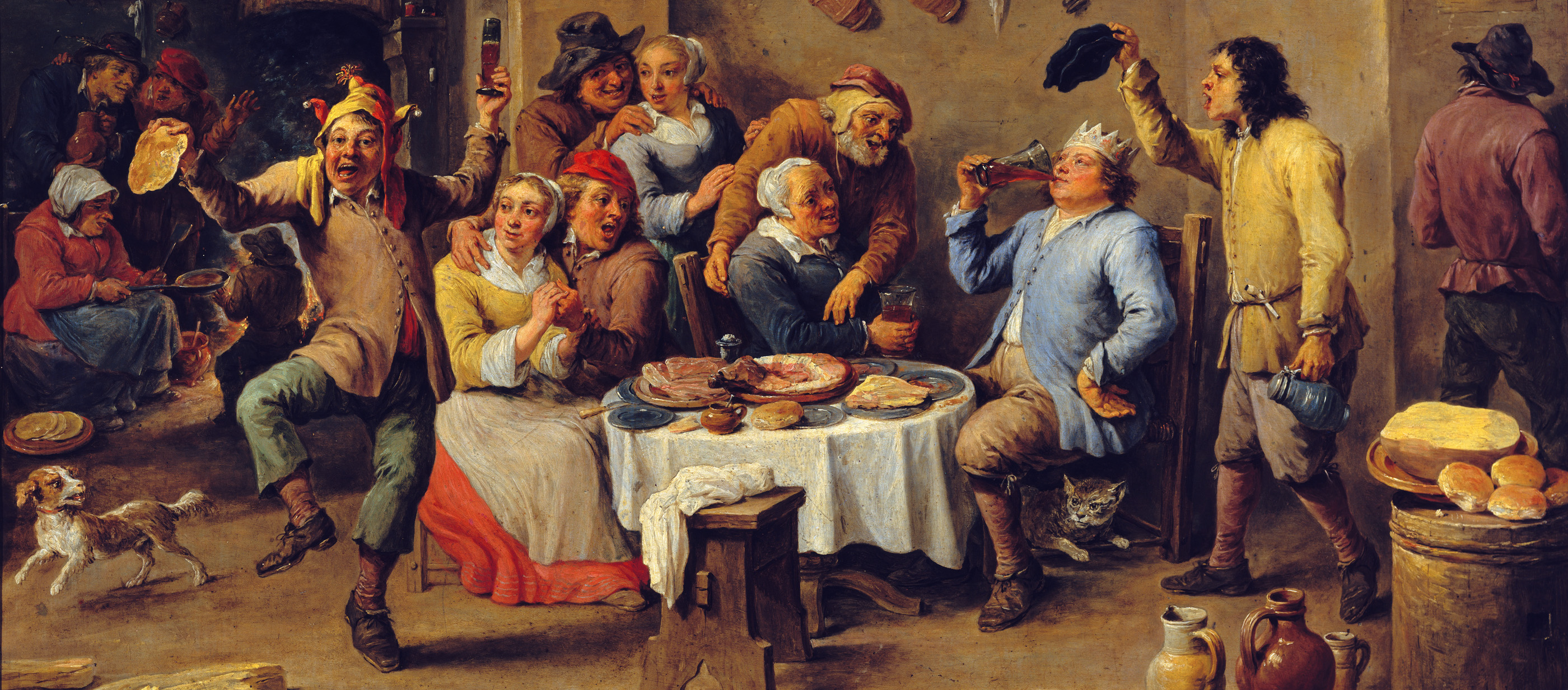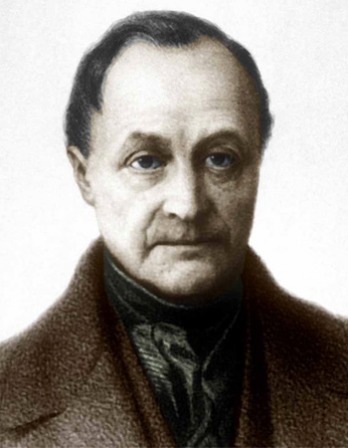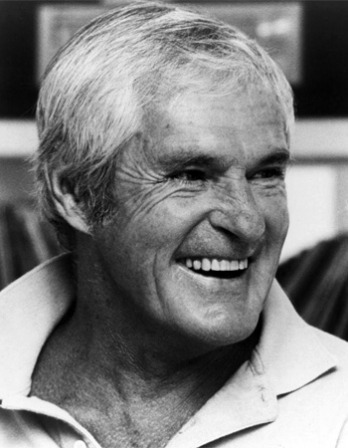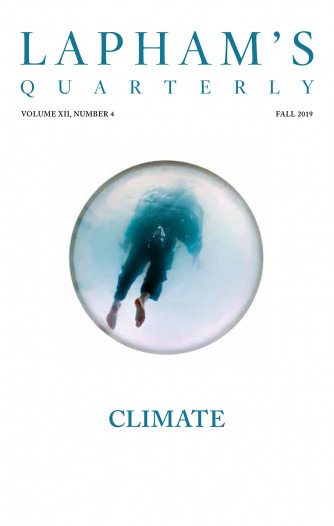If you were to ask me if I’d ever had the bad luck to miss my daily cocktail, I’d have to say that I doubt it; where certain things are concerned, I plan ahead.
—Luis Buñuel, 1983Wrinkle in Time
Fitz Hugh Ludlow goes on a bad trip.
On reaching the porch of the physician’s house, I rang the bell but immediately forgot whom to ask for. No wonder; I was on the steps of a palace in Milan—no (and I laughed at myself for the blunder), I was on the staircase of the Tower of London. So I should not be puzzled by my ignorance of Italian. But whom to ask for? This question recalled me to the real bearings of the place but did not suggest its requisite answer. Whom shall I ask for? I began setting the most cunning traps of hypothesis to catch the solution of the difficulty.
I looked at the surrounding houses; of whom had I been accustomed to think as living next door to them? This did not bring it. Whose daughter had I seen going to school from this house but the very day before? Her name was Julia—Julia—and I thought of every combination which had been made with this name from Julia Domna down to Giulia Grisi. Ah! Now I had it—Julia H, and her father naturally bore the same name. During this intellectual rummage I had rung the bell a half-dozen times under the impression that I was kept waiting a small eternity. When the servant opened the door, she panted as if she had run for her life. I was shown upstairs to Dr. H’s room, where he had thrown himself down to rest after a tedious operation. Locking the door after me with an air of determined secrecy, which must have conveyed to him pleasant little suggestions of a design upon his life, I approached his bedside.
“I am about to reveal to you,” I commenced, “something which I would not for my life allow to come to other ears. Do you pledge me your eternal silence?”
“I do; what is the matter?”
“I have been taking hashish—Cannabis indica, and I fear that I am going to die.”
“How much did you take?”
“Thirty grains.”
“Let me feel your pulse.” He placed his finger on my wrist and counted slowly, while I stood waiting to hear my death warrant. “Very regular,” shortly spoke the doctor; “triflingly accelerated. Do you feel any pain?” “None at all.” “Nothing the matter with you; go home and go to bed.” “But—is there—is there—no—danger of—apoplexy?” “Bah!” said the doctor, and having delivered himself of this very Abernethy-like opinion of my case, he lay down again. My hand was on the knob when he stopped me with, “Wait a minute; I’ll give you a powder to carry with you, and if you get frightened again after you leave me, you can take it as a sedative. Step out on the landing, if you please, and call my servant.”
I did so, and my voice seemed to reverberate like thunder from every recess in the whole building. I was terrified at the noise I had made. I learned in the days after that this impression is only one of the many due to the intense susceptibility of the sensorium as produced by hashish. At one time, having asked a friend to check me if I talked loudly or immoderately while in a state of fantasia among persons from whom I wished to conceal my state, I caught myself shouting and singing from very ecstasy and reproached him with a neglect of his friendly office. I could not believe him when he assured me that I had not uttered an audible word. The intensity of the inward emotion had affected the external through the internal ear.

Twelfth-night (The King Drinks), by David Teniers the Younger, c. 1634–1640. Prado Museum, Madrid.
I returned and stood at the foot of the doctor’s bed. All was perfect silence in the room and had been perfect darkness also but for the small lamp which I held in my hand to light the preparation of the powder when it should come. And now a still sublimer mystery began to enwrap me. I stood in a remote chamber at the top of a colossal building, and the whole fabric beneath me was steadily growing into the air. Higher than the topmost pinnacle of Bel’s Babylonish temple—higher than Ararat—on, on forever into the lonely dome of God’s infinite universe we towered ceaselessly. The years flew on; I heard the musical rush of their wings in the abyss outside of me, and from cycle to cycle, from life to life, I careered, a mote in eternity and space. Suddenly emerging from the orbit of my transmigrations, I was again at the foot of the doctor’s bed and thrilled with wonder to find that we were both unchanged by the measureless lapse of time. The servant had not come.
“Shall I call her again?” “Why, you have this moment called her.” “Doctor,” I replied solemnly, and in language that would have seemed bombastic enough to anyone who did not realize what I felt, “I will not believe you are deceiving me, but to me it appears as if sufficient time has elapsed since then for all the pyramids to have crumbled back to dust.” “Ha ha! You are very funny tonight,” said the doctor, “but here she comes, and I will send her for something which will comfort you on that score and reestablish the pyramids in your confidence.” He gave the girl his orders, and she went out again.
The thought struck me that I would compare my time with other people’s. I looked at my watch, found that its minute hand stood at the quarter mark past eleven and, returning it to my pocket, abandoned myself to my reflections.
Presently I saw myself a gnome imprisoned by a most weird enchanter, whose part I assigned to the doctor before me, in the Domdaniel caverns, “under the roots of the ocean.” Here, until the dissolution of all things, was I doomed to hold the lamp that lit that abysmal darkness, while my heart, like a giant clock, ticked solemnly the remaining years of time. Now, this hallucination departing, I heard in the solitude of the night outside the sound of a wondrous heaving sea. Its waves, in sublime cadence, rolled forward till they met the foundations of the building; they smote them with a might which made the very topstone quiver and then fell back with hiss and hollow murmur into the broad bosom whence they had arisen. Now through the street, with measured tread, an armed host passed by. The heavy beat of their footfall and the grinding of their brazen corselet rings alone broke the silence, for among them all there was no more speech nor music than in a battalion of the dead. It was the army of the ages going by into eternity. A godlike sublimity swallowed up my soul. I was overwhelmed in a fathomless barathrum [pit] of time, but I leaned on God, and was immortal through all changes.
And now, in another life, I remembered that far back in the cycles I had looked at my watch to measure the time through which I passed. The impulse seized me to look again. The minute hand stood halfway between fifteen and sixteen minutes past eleven. The watch must have stopped; I held it to my ear; no, it was still going. I had traveled through all that immeasurable chain of dreams in thirty seconds. “My God!” I cried, “I am in eternity.” In the presence of that first sublime revelation of the soul’s own time, and her capacity for an infinite life, I stood trembling with breathless awe. Till I die, that moment of unveiling will stand in clear relief from all the rest of my existence. I hold it still in unimpaired remembrance as one of the unutterable sanctities of my being. The years of all my earthly life to come can never be as long as those thirty seconds.

Fitz Hugh Ludlow
From The Hasheesh Eater. Warned by his apothecary friend about the bottle labeled cannabis indica—“That stuff is deadly poison”—Ludlow adminstered to himself his first dose when the friend “was out of sight.” He published his account at the age of twenty-one in 1857 and went on to write for magazines such as The Atlantic Monthly, to which he contributed a series of articles about his journey to the West in 1863 with the painter Albert Bierstadt. He met Brigham Young in Salt Lake City and later camped in Yosemite.


